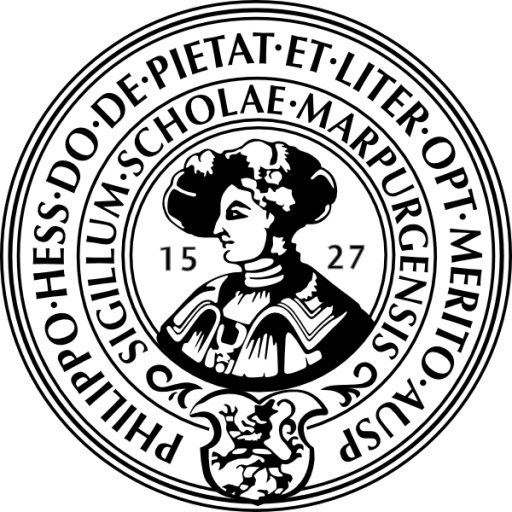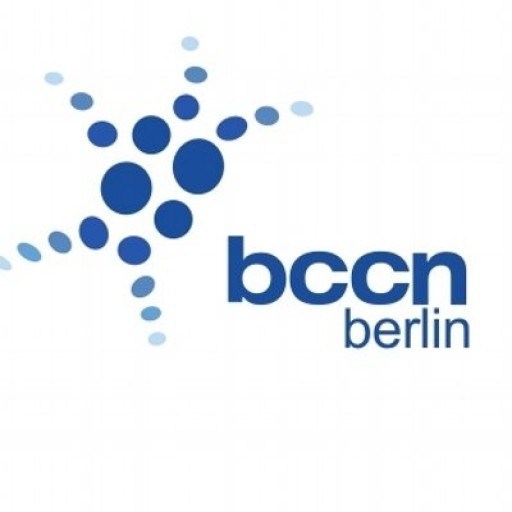Photos of university / #philippsunimarburg
The International Political Economy (Double Degree) at the University of Marburg offers an in-depth interdisciplinary education designed to prepare students for the complexities of global economic and political interactions. This program combines rigorous coursework in economics, political science, and international relations, allowing students to develop a comprehensive understanding of how political policies influence economic systems and vice versa. Students will engage with a broad spectrum of topics, including international trade, economic development, political institutions, globalization, and economic policy-making, equipping them with both theoretical knowledge and practical skills.
The double degree structure enables students to study at the University of Marburg and partner institutions abroad, gaining valuable international exposure and multilingual competencies. Throughout the program, students are encouraged to analyze current global challenges such as economic crises, migration, climate change, and political instability through an integrated economic-political lens. Practical components such as seminars, workshops, and internships foster critical thinking, analytical skills, and real-world problem-solving abilities, preparing graduates for careers in international organizations, governmental agencies, NGOs, or private sector firms.
The curriculum is designed to be flexible, allowing students to tailor their studies according to their interests and career goals. Emphasis is placed on research skills, policy analysis, and a thorough understanding of multiple viewpoints in international debates. The program also emphasizes intercultural communication and language skills, which are crucial for effective participation in international contexts. Graduates of this double degree program will leave equipped with a unique interdisciplinary perspective and a global outlook, suitable for engaging with the economic and political challenges of the 21st century. The University of Marburg’s supportive academic environment, international partnerships, and commitment to academic excellence make it an ideal place for aspiring professionals seeking to influence global political and economic landscapes.
Educational organisation
Following the Bologna guidelines on European university education, the course is structured so that 30 credit points (ECTS) should be achieved every semester. The different modules in the Master's programme add up to 120 ECTS. The following section gives an overview of the programme structure and its modules.- Research Methods (22 ECTS points)
- International Politics (20 ECTS points)
- International Economics (12 ECTS points)
- Economics Electives (36 ECTS points)
- Political Science Electives (10 ECTS points)
- Master's Thesis (20 ECTS points)
Study abroad unit(s)
Admission of students with an undergraduate degree in economics or related fields is handled at the University of Marburg; admission of students with an undergraduate degree in political science or related fields is handled at the University of Texas at Dallas. Participants are admitted to the programme simultaneously at the University of Texas at Dallas and the University of Marburg. Students study for one year at the university where they were admitted and then move on to the other university for their second year of study.Forms of assessment
Written/oral exams, oral presentations, term/seminar papers, Master's thesisCourse objectives
The Master of Science double degree programme in International Political Economy provides students with comprehensive training, enabling them to pursue a career as international experts on questions related to both economics and politics. Given the programme's focus on academic knowledge as well as on research projects on international political economy issues, the programme also provides a good basis for an academic career.Programme participants will develop an up-to-date understanding of the subject of study (i.e., an awareness of leading theories, criticisms, and limitations, as well as recent advances in research). In addition, they will be taught how to use this acquired knowledge to analyse real-world circumstances within an economic paradigm and discover appropriate and feasible solutions.
After finishing their MSc, graduates can apply to a wide variety of national and international organisations or corporations for a career in economic analysis or business. Typical private-sector jobs are related to risk analysis, imports and exports, or multinational corporations. Work in the national government sector can include a variety of jobs - for instance, at various ministries, e.g., foreign affairs, economics, or development. Graduates can also apply to international organisations (e.g., the United Nations, the World Bank, etc.) or non-governmental organisations (NGOs). Additionally, they can pursue an academic career by working towards a PhD.
Language requirements
A precondition for successful application is a confident command of the English language (European language classification scheme C1 or better, which is roughly equivalent to IELTS: 7.0, TOEFL (Internet-based): 110 points, TOEIC: 945 points).Academic requirements
Bachelor's degree or its equivalent in economics or a related field or in political science or a related fieldEnrolment fees
The university charges a registration fee of 50 EUR and student union fees. State law requires all students to be members of the student union. These fees entitle students to subsidised accommodation as well as meals and automatically include a free travel pass for public transport in most of the state of Hesse. In summer 2016, the student union dues amounted to approx. 313 EUR.For further information, see: http://www.uni-marburg.de/studium/studsek/studienformalitaeten/dues-administrative-fee.
Costs of living
Living costs depend on individual lifestyles and on regional prices. The Marburg foreigners' registration office ("Ausländerbehörde") requires international students to prove that they have at least 600-700 EUR per month at their disposal in order to cover their living costs.For further information, see: http://www.uni-marburg.de/studium-en/zas-en/finanzierung/index_html.
Job opportunities
Within certain legal limits, job opportunities are available for international students. Fluent German is required for most jobs. Employment for international students must be approved by the foreigners' registration office. There are hardly any legal restrictions on taking academic assistant jobs at the university.For further information on job opportunities and university career services, see: http://www.uni-marburg.de/studium-en/zas-en/finanzierung/Jobs.
Arrival support
Marburg is located 100 km north of Frankfurt and can easily be reached by plane, public transport, or by car. For detailed descriptions of the different routes to Marburg and to find one's way around the town, see: http://www.uni-marburg.de/studium-en/zas-en/arrivemr.Services and support for international students
Philipps-Universität Marburg offers an intensive one-week welcome and orientation programme for all new international students. It includes a variety of services such as practical help with authorities, setting up health insurance, and opening a bank account. It also includes cultural and social events and the opportunity to make initial contacts with fellow students. The second week is usually dedicated to orientation programmes organised by the faculties.Special services for doctoral candidates are provided by Marburg University Research Academy (MARA).
For further information, see:
http://www.uni-marburg.de/international-en/incoming?language_sync=1
http://www.uni-marburg.de/international-en/incoming/stud/prac/orient/index_html?set_language=en
Accommodation
The situation on the accommodation market in Marburg is not easy. However, the university assists international students in finding suitable and affordable accommodation.The Studentenwerk Marburg maintains 20 student residence halls with a total of 2,049 units. Apart from single rooms, there are 129 flats with two to three rooms for married couples. Only students registered at Philipps-Universität Marburg are entitled to a place in a residence hall. The Konrad Biesalski House, in which handicapped and non-handicapped students live together, offers round-the-clock assistance. There is a bus service and other services such as physiotherapeutic exercises and massage baths.
Many students live in private accommodation or shared flats. The supply of flats in the centre of Marburg is limited, especially in the Oberstadt, but the situation on the outskirts of Marburg and in the immediate vicinity is better. There are good bus connections (bus timetables are available in the Customer Centres of the Municipal Department of Works on Rudolphsplatz). Experience shows that demand is highest on the accommodation market at the beginning of each semester (April, October), so you should start looking for accommodation around the end of the previous semester (February, July) if possible.
For further information, see: http://www.uni-marburg.de/studium-en/zas-en/livinginmr/accommodation.









